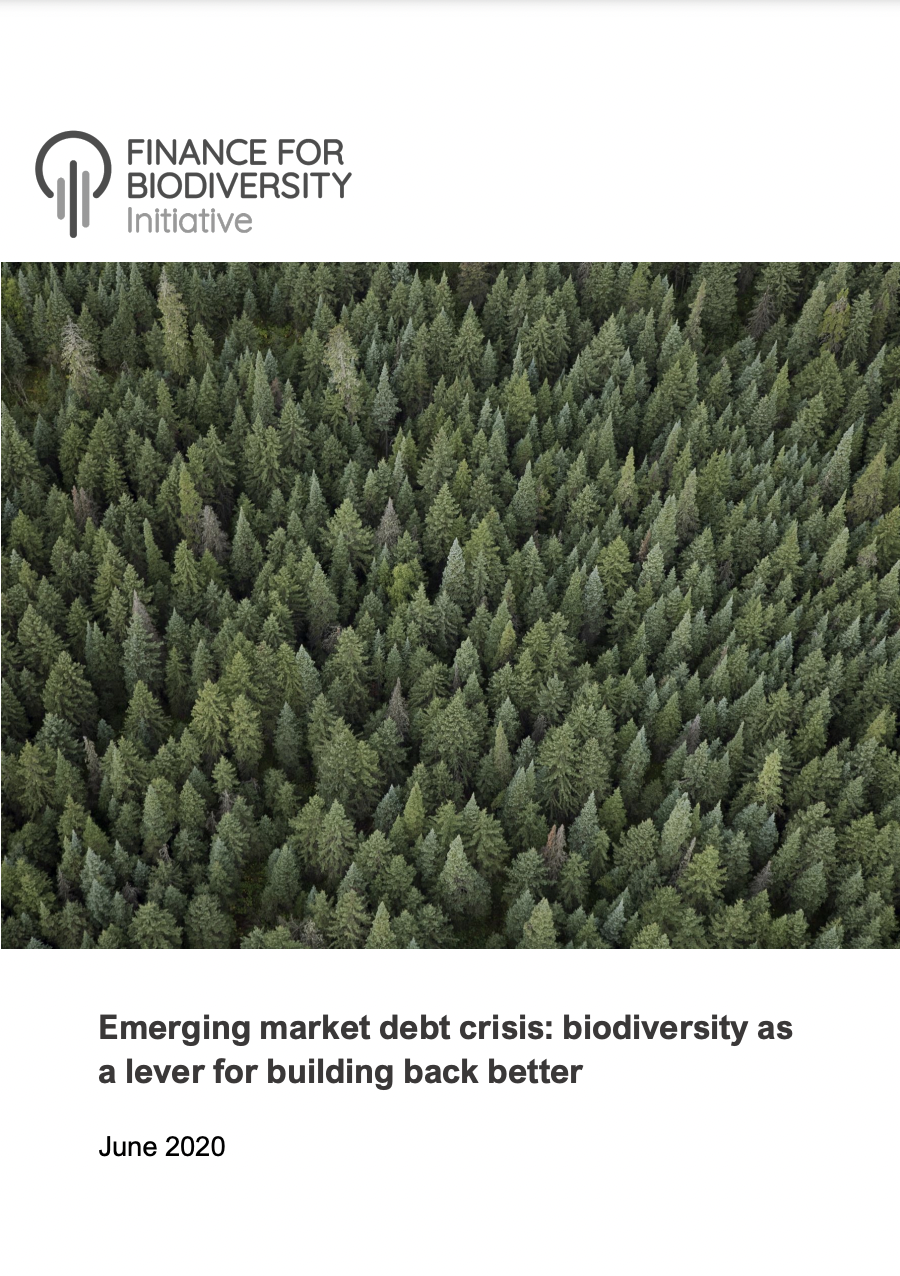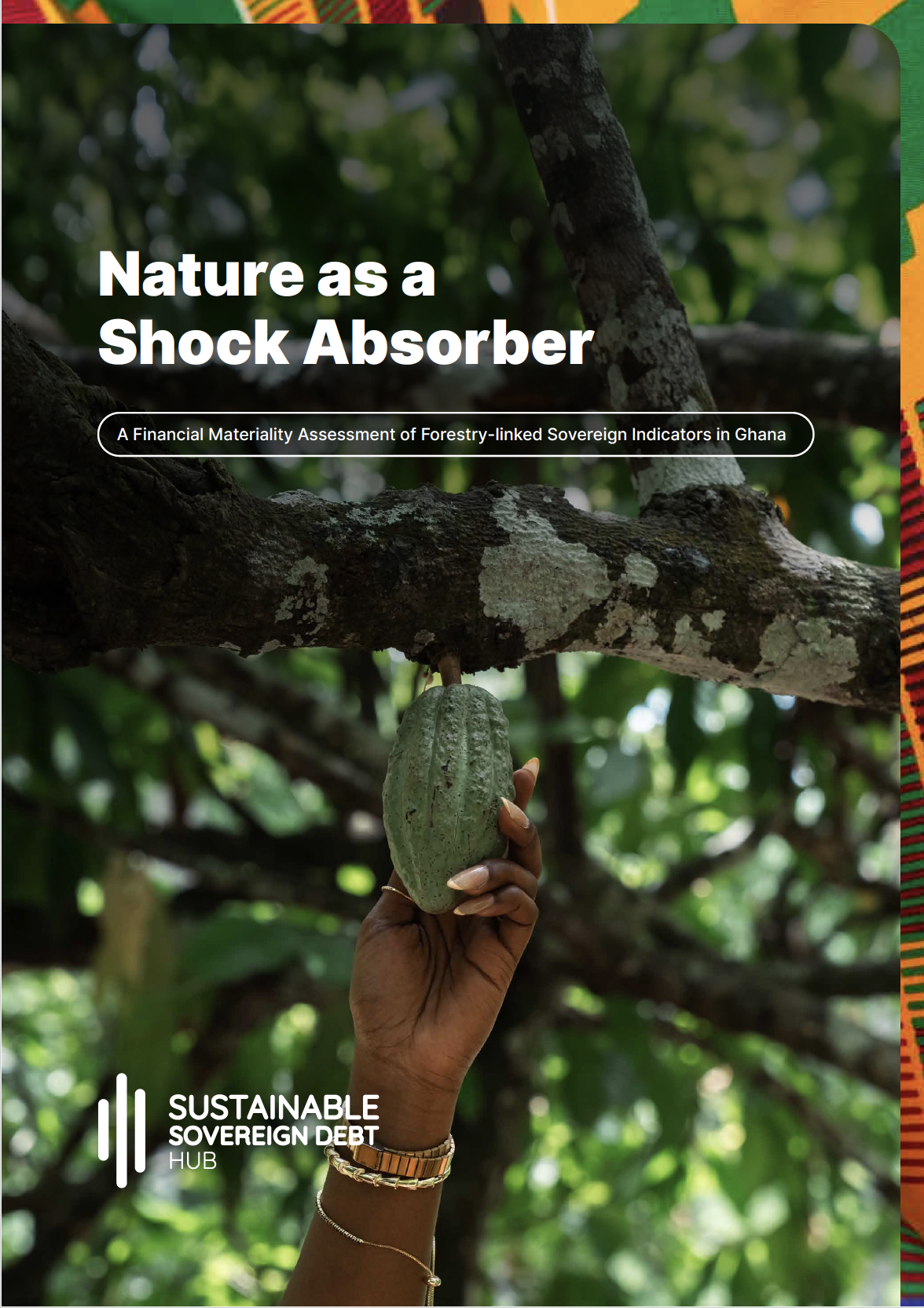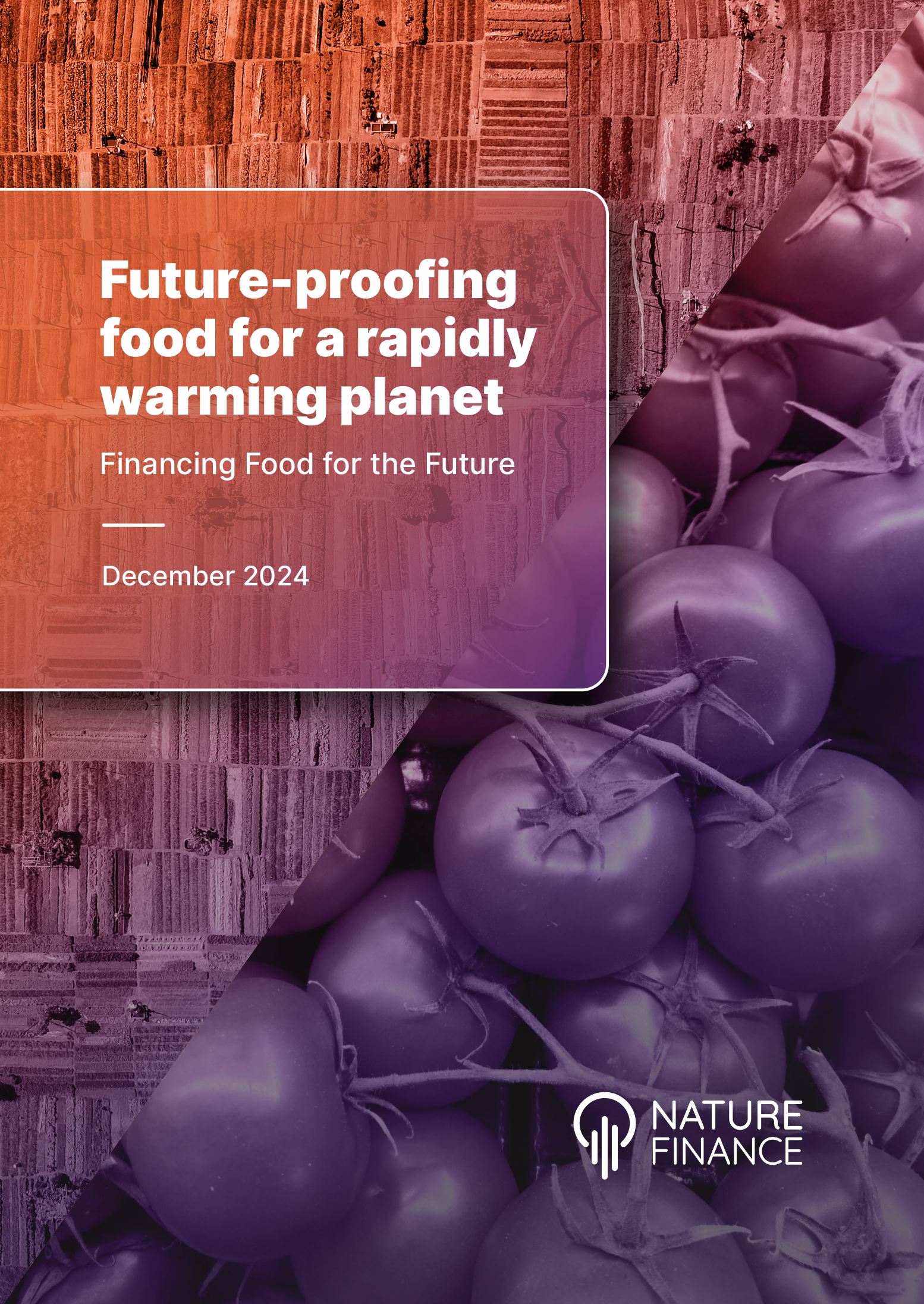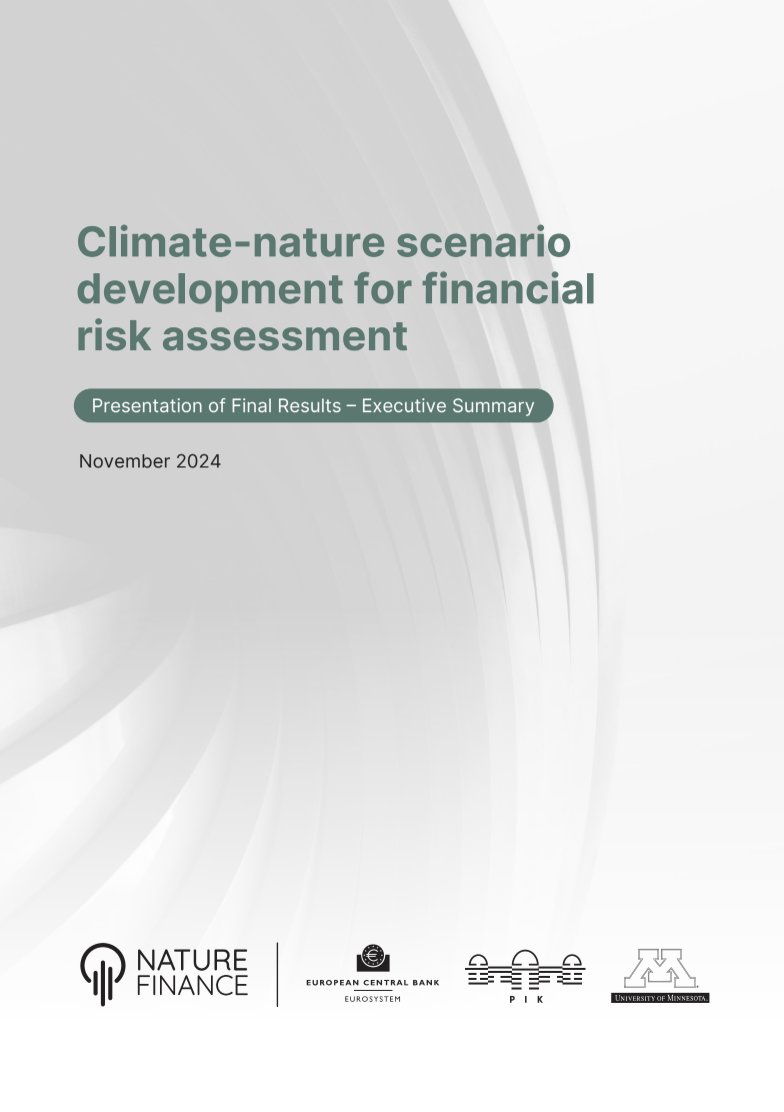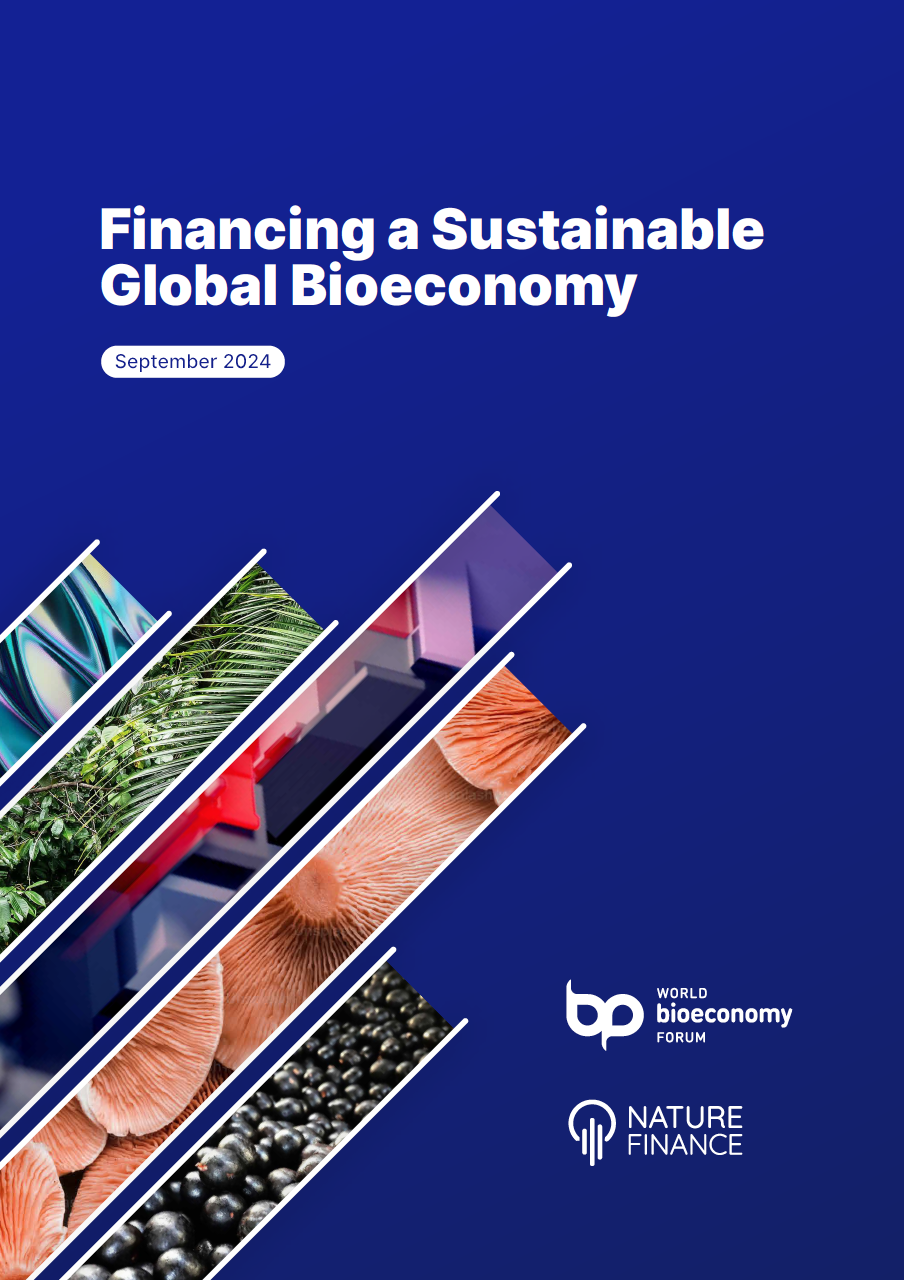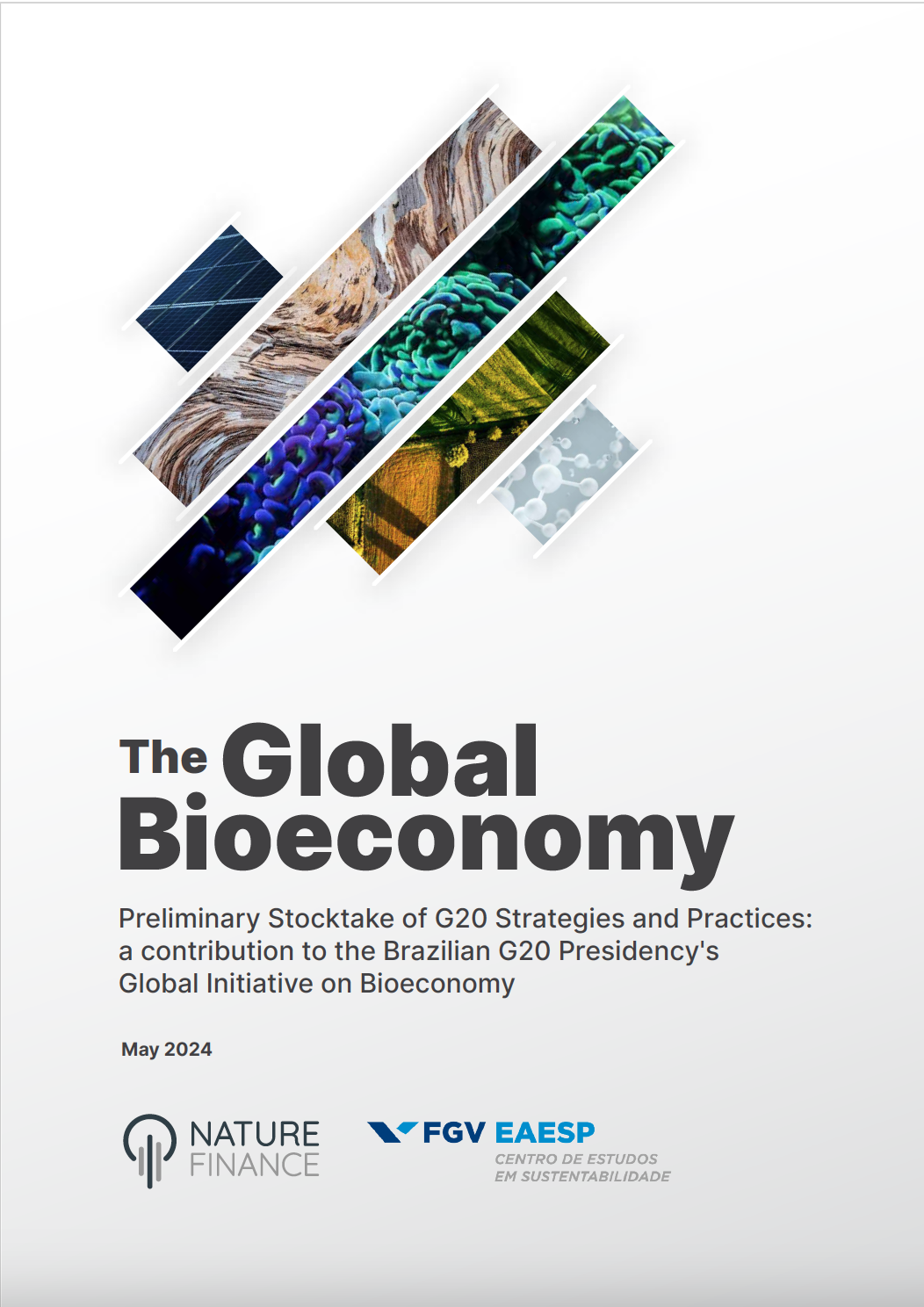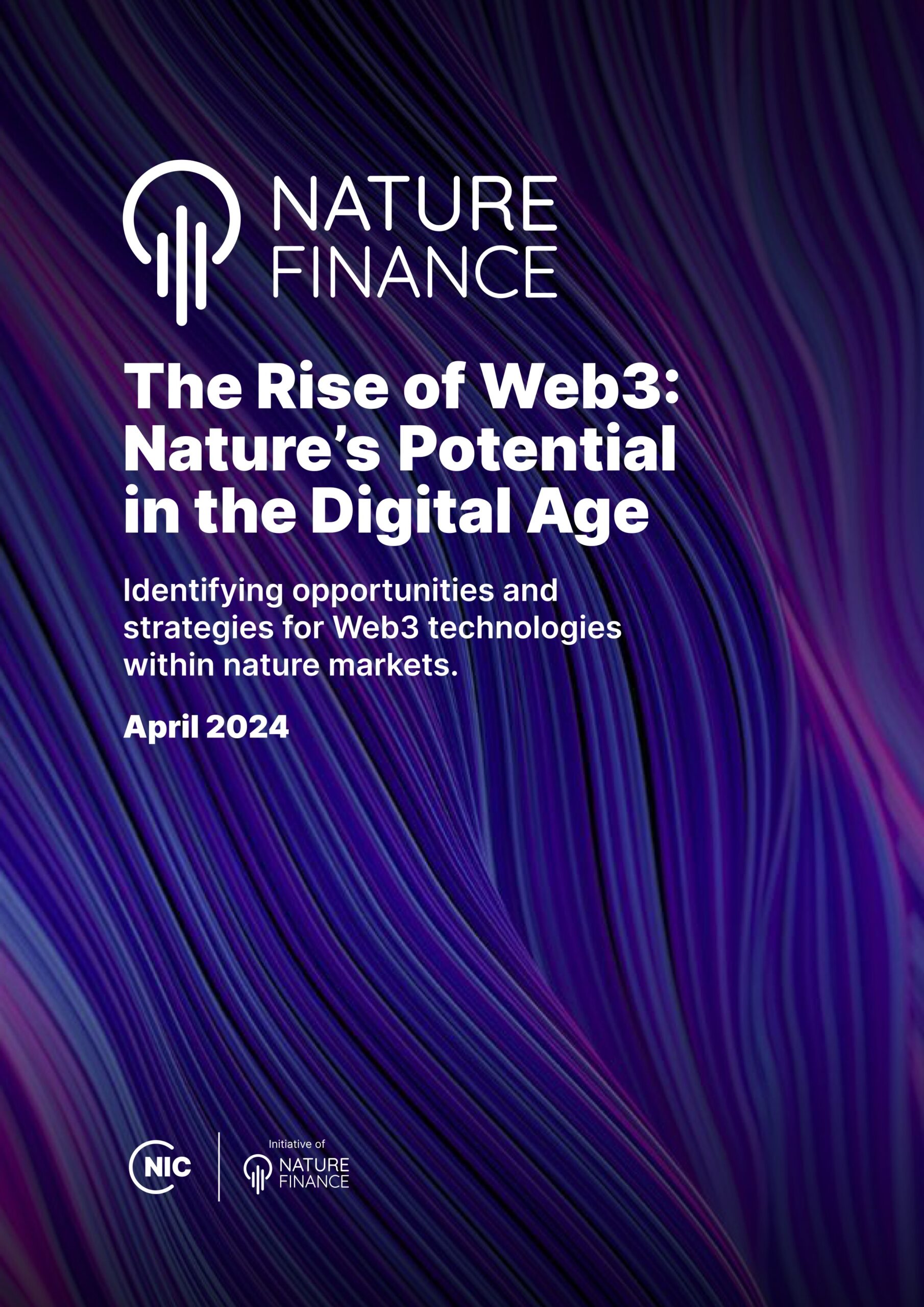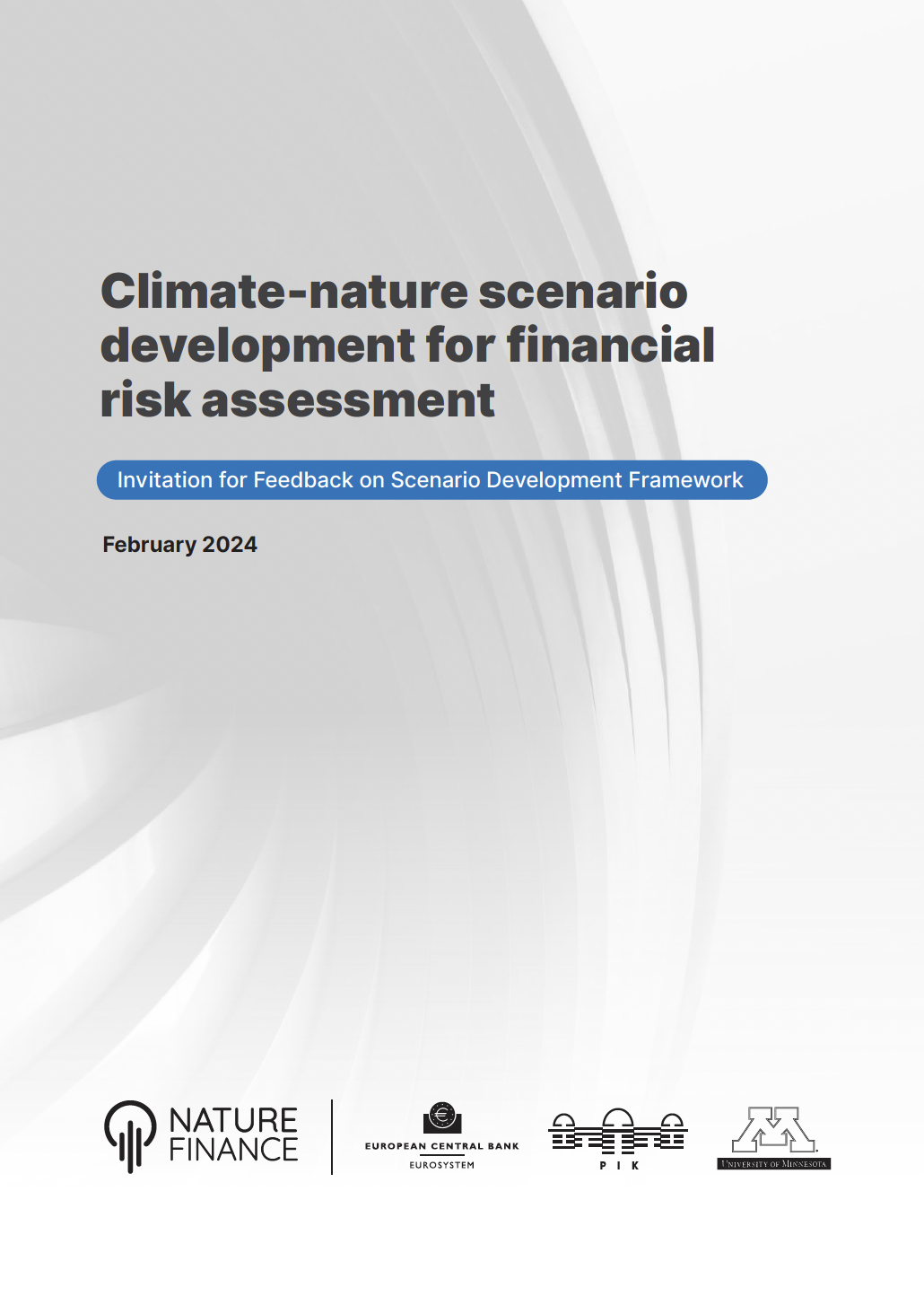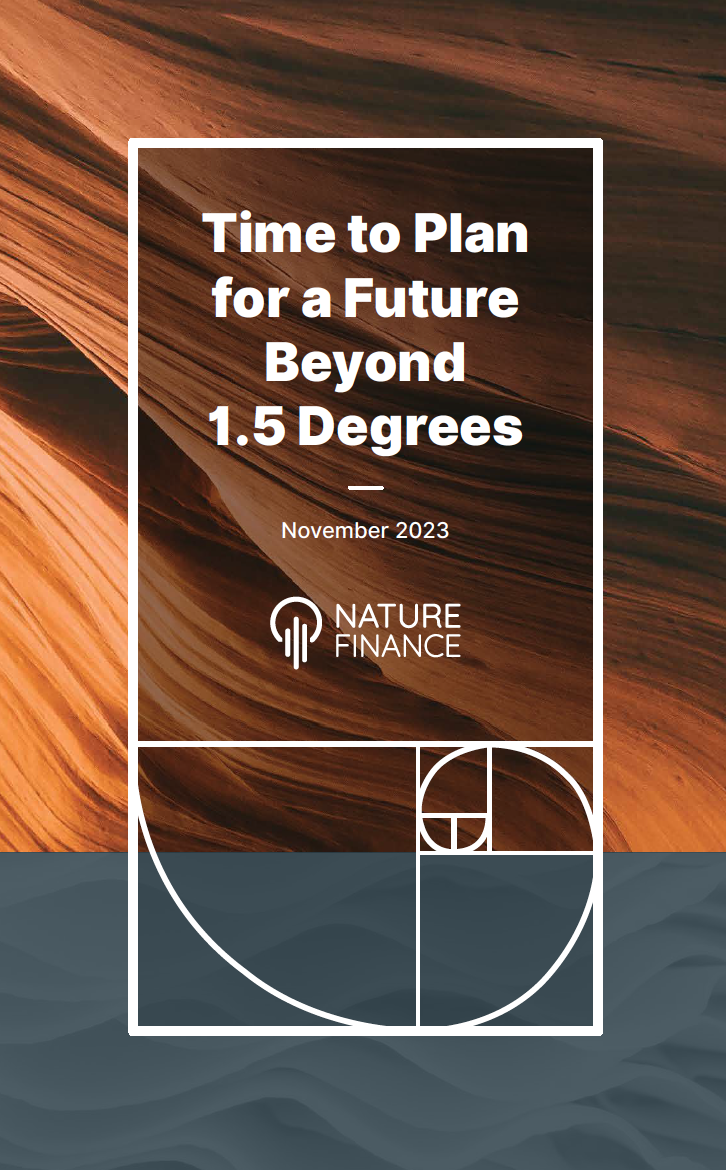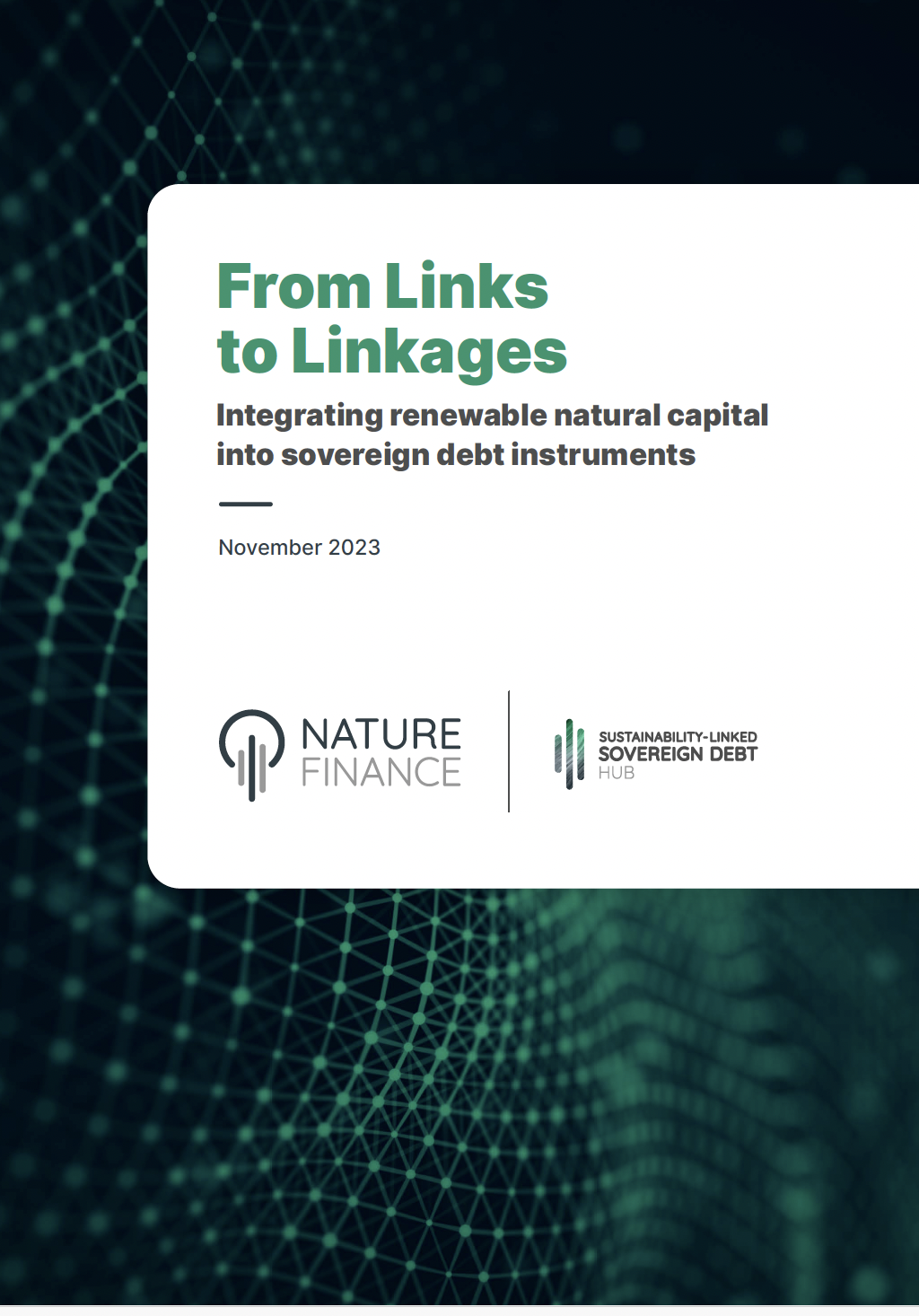Biodiversity as a lever for building back better.
The emerging debt crisis resulting from the COVID pandemic has catalysed considerable debate as to how to both support countries in need whilst building in longer term outcomes.
This Technical Report presents options for advancing the place of biodiversity in sovereign debt. It argues for the implementation of performance-based debt instruments like bonds tied in part to environmental outcomes.
This approach is not only timely given the crisis, but in light of the weakness of international agreements and the lack of enforcement mechanisms, will advance natural capital in financial markets without requiring a new regulatory regime.
This will require collective action from a subset of sovereigns who buy into the hypothesis of integrating nature into new debt agreements.
This paper was followed up with a policy paper and a second technical paper, further fleshing out how Nature Based Bonds could work.
Zoltani, T and O. Withers (2020) on behalf of the Finance for Biodiversity Initiative and funded by the MAVA Foundation.
49 Pages
